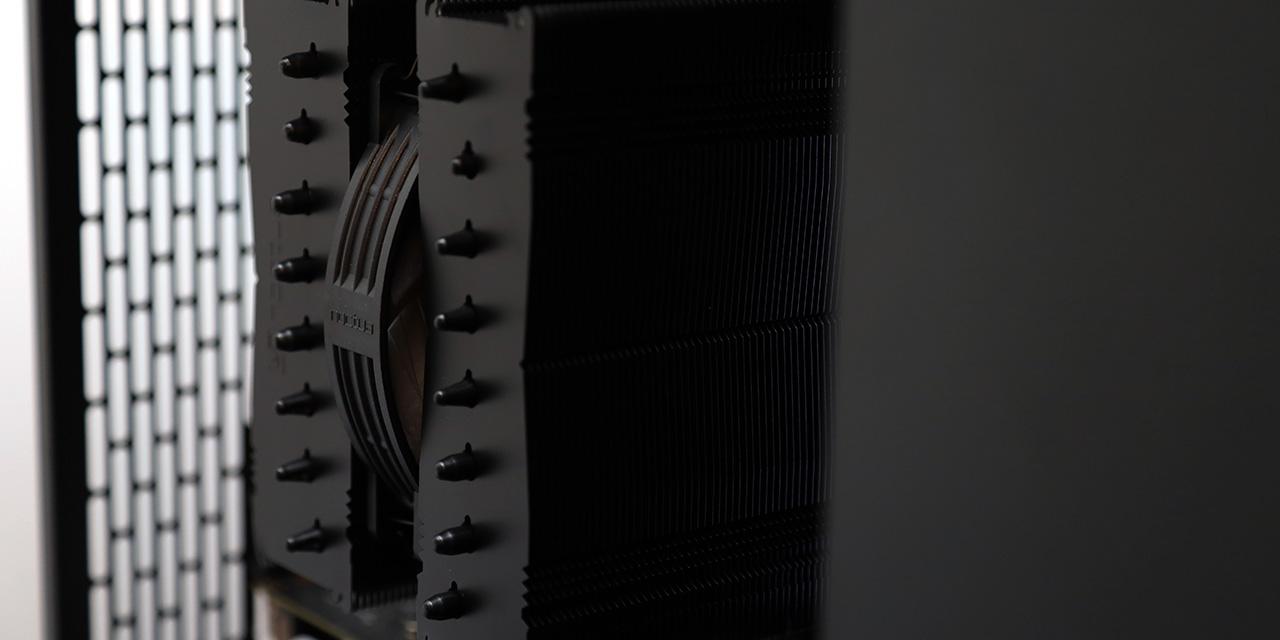|
From DailyTech: Intel holds a dominant position in the computer industry, with over 79.1 percent market share in the microprocessor market, according to iSuppli reports from the summer (these reports included by x86 architecture microprocessors as well as alternatives like ARM). In May 2009 the European Union's antitrust regulators fined the chipmaker $1.45B USD -- about a fourth of the company's 2008 net income ($5.292B USD) -- for allegedly using discounts and OEM payoffs to push its smaller competitor Advanced Micro Devices out of the market. That ruling is currently being appealed. In the U.S. the Federal Trade Commission has investigated similar claims. The State of New York has filed suit against the Santa Clara, Calif.-based company for antitrust violations, but thus far no federal litigation had been filed. That all changed today with the FTC suing Intel, citing numerous antitrust violations. The landmark case comes on the heels of Intel's $1.25B USD settlement with AMD over similar claims. Under that agreement AMD agreed to drop all pending and present litigation against its rival. According to the FTC's lawsuit filing, Intel is depriving customers of free choice and is stifling the progress of the computer industry. The filing says that Intel employed a carrot-and-stick sort of approach, using both threats and rewards to keep OEMs from using its competitors' products. Reportedly Intel used such targets on Dell Inc., Hewlett-Packard Co., and IBM Corp. One of the more interesting aspects of the case is that the FTC claims to have evidence that Intel wrote software -- likely drivers or compilers (Intel makes one of the more commonly used commercial C++ code compilers, the Intel C++ Compiler) -- to sabotage the performance of its competitors' CPUs. Little is known about this allegation at this point. View: Article @ Source Site |
 |
U.S. FTC Slams Intel With Blockbuster Antitrust Suit
© Since 2005 APH Networks Inc. All trademarks mentioned are the property of their respective owners.





